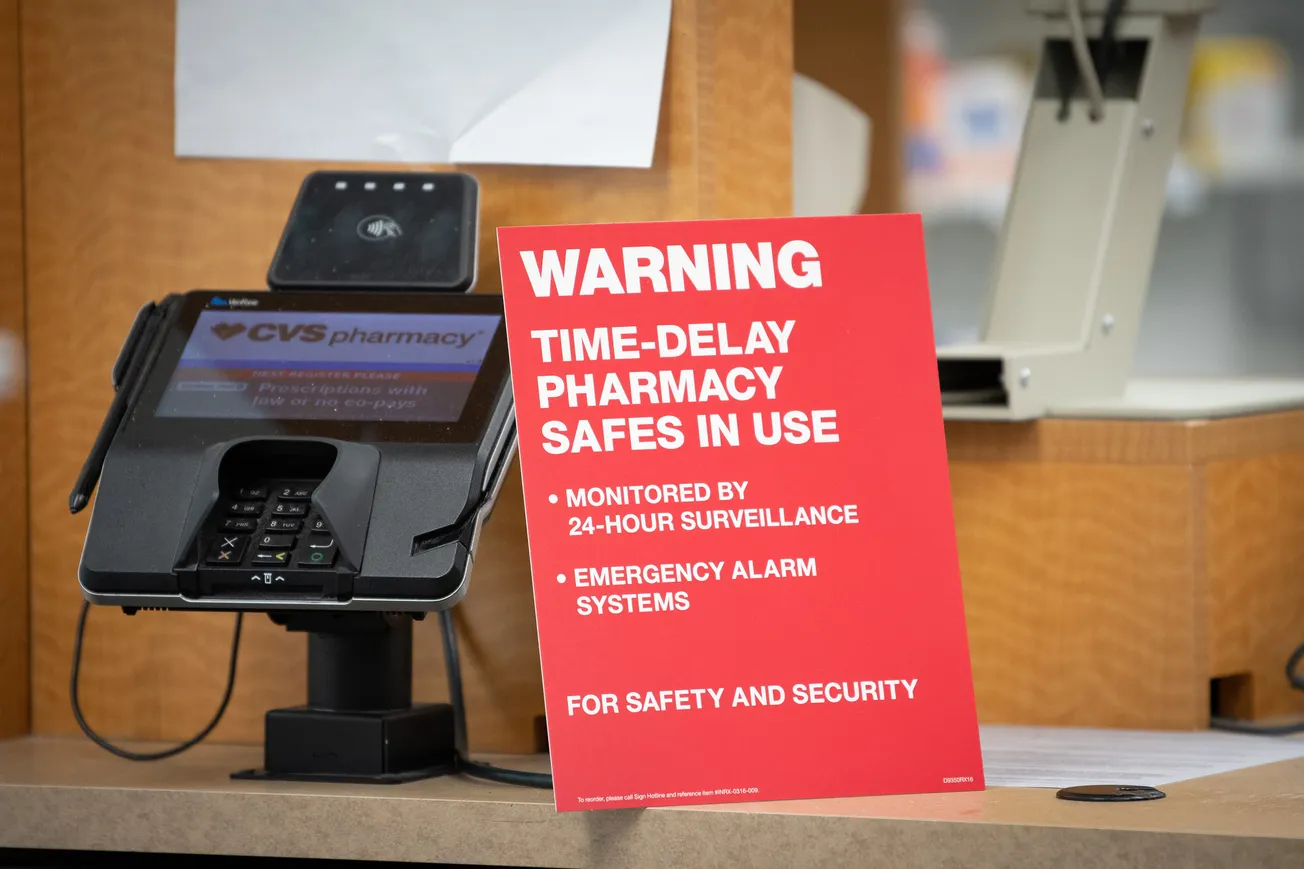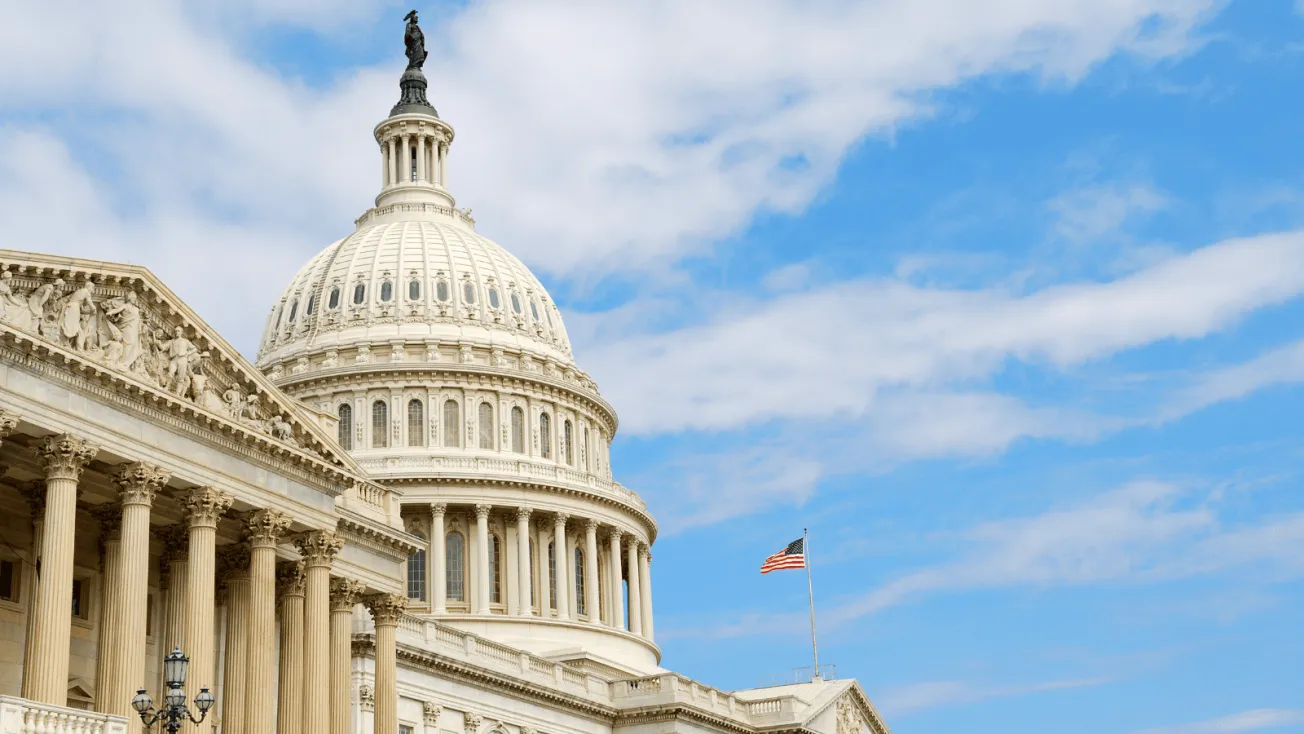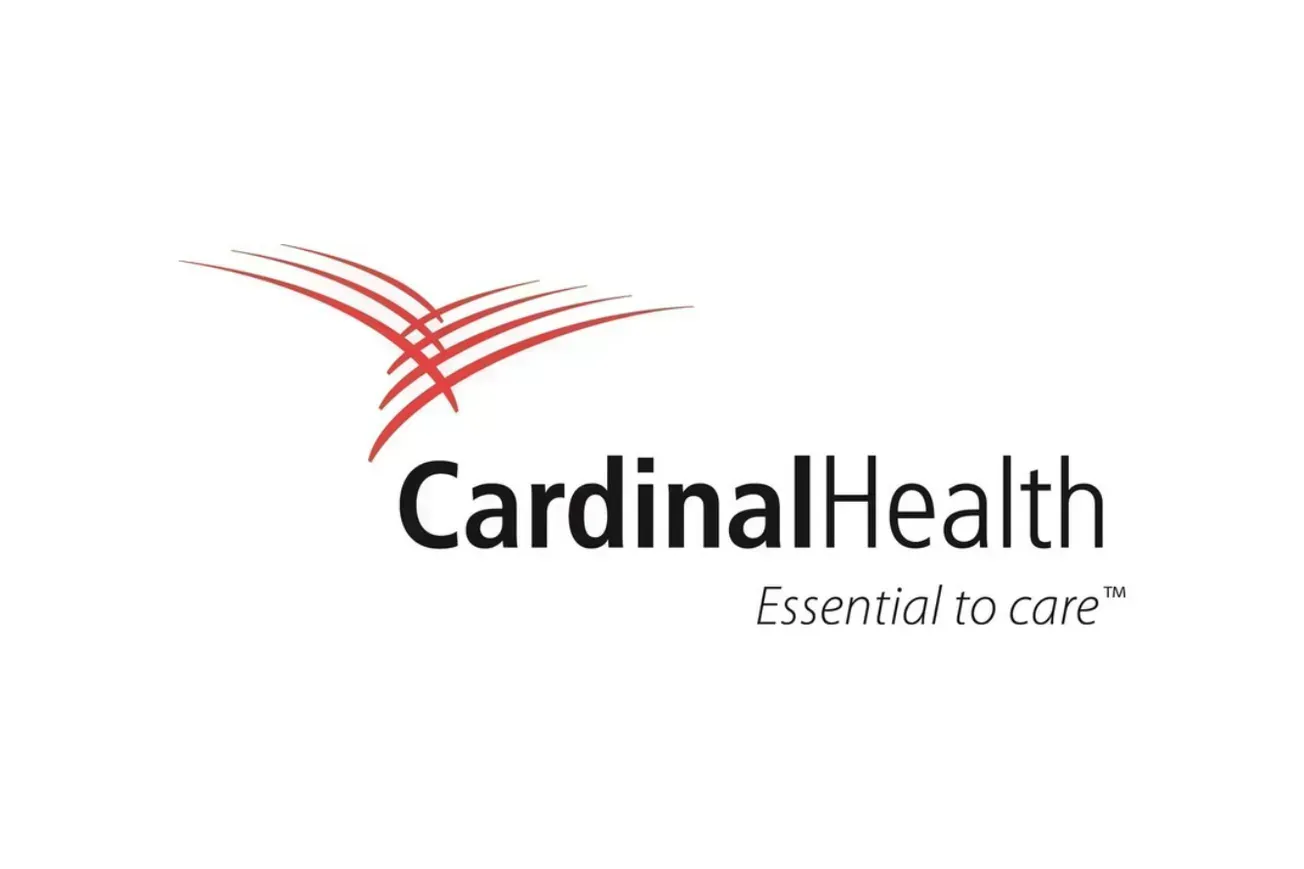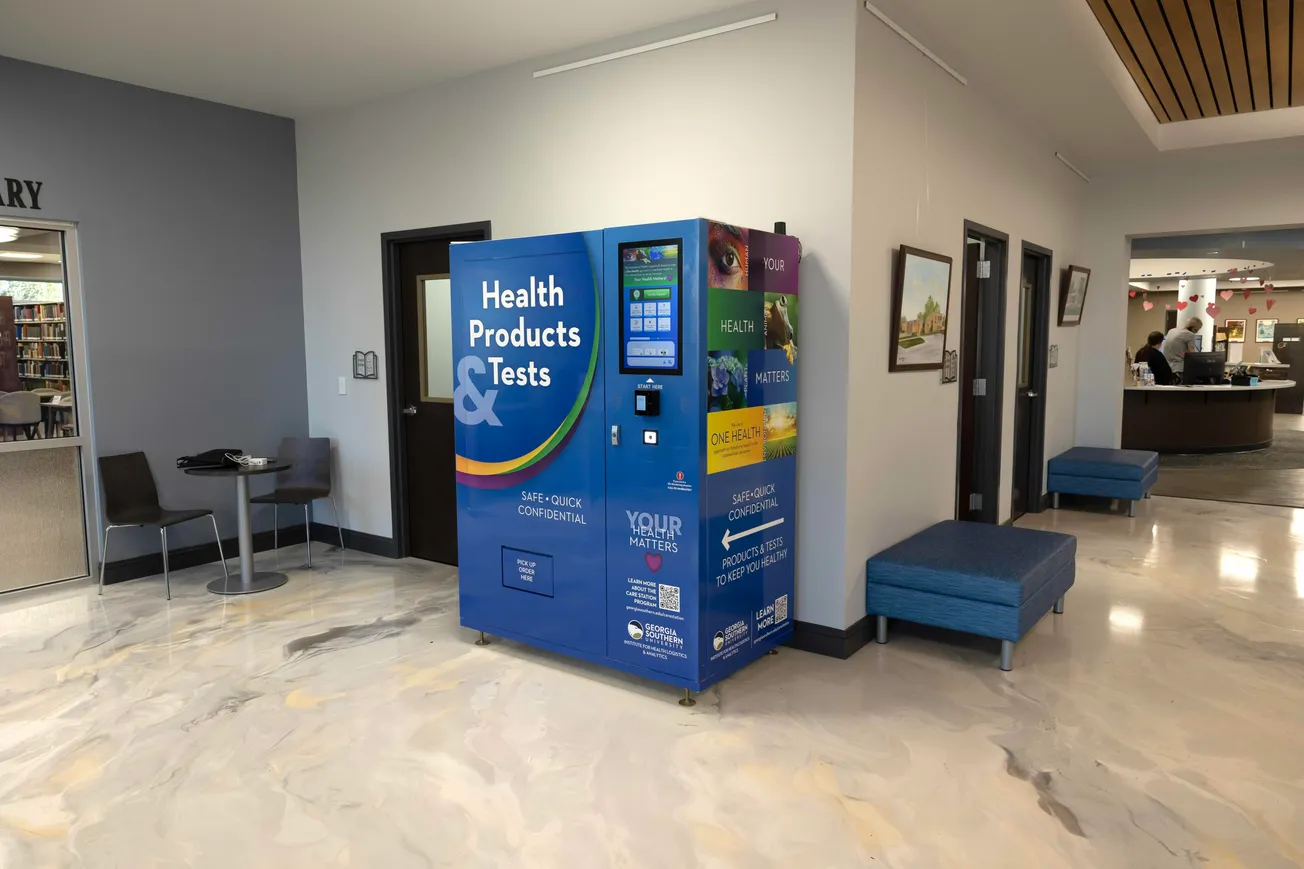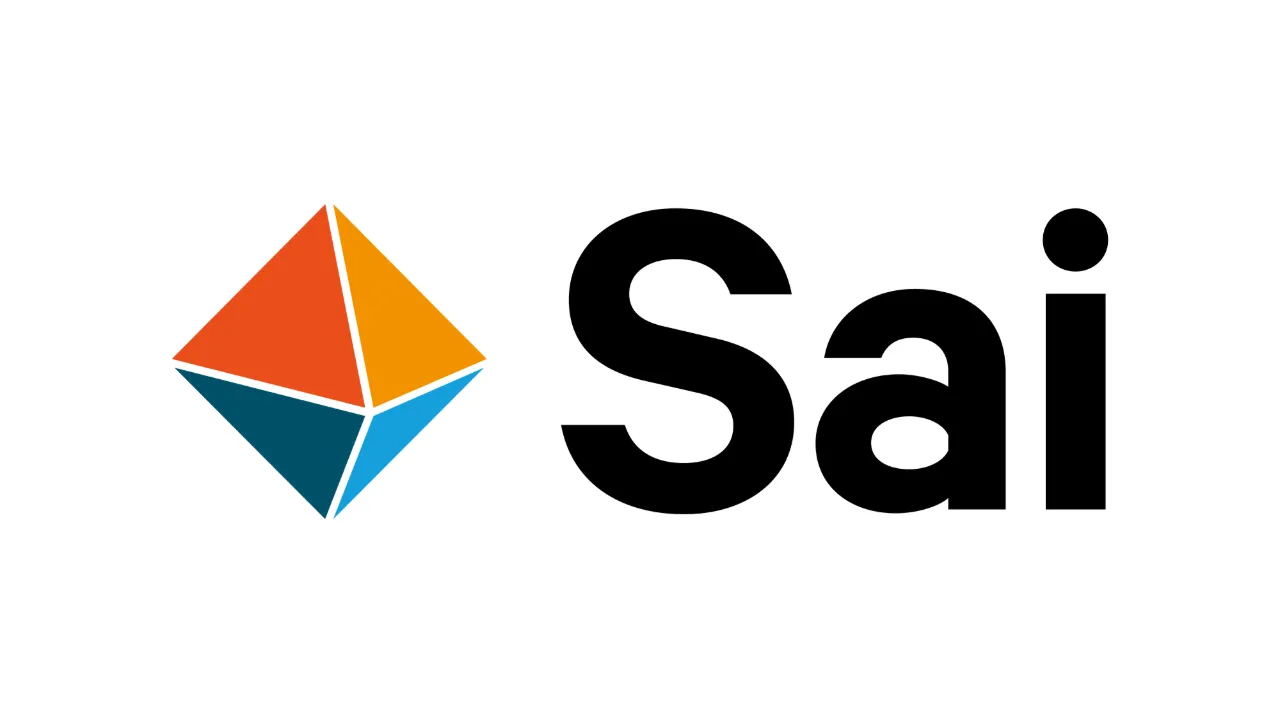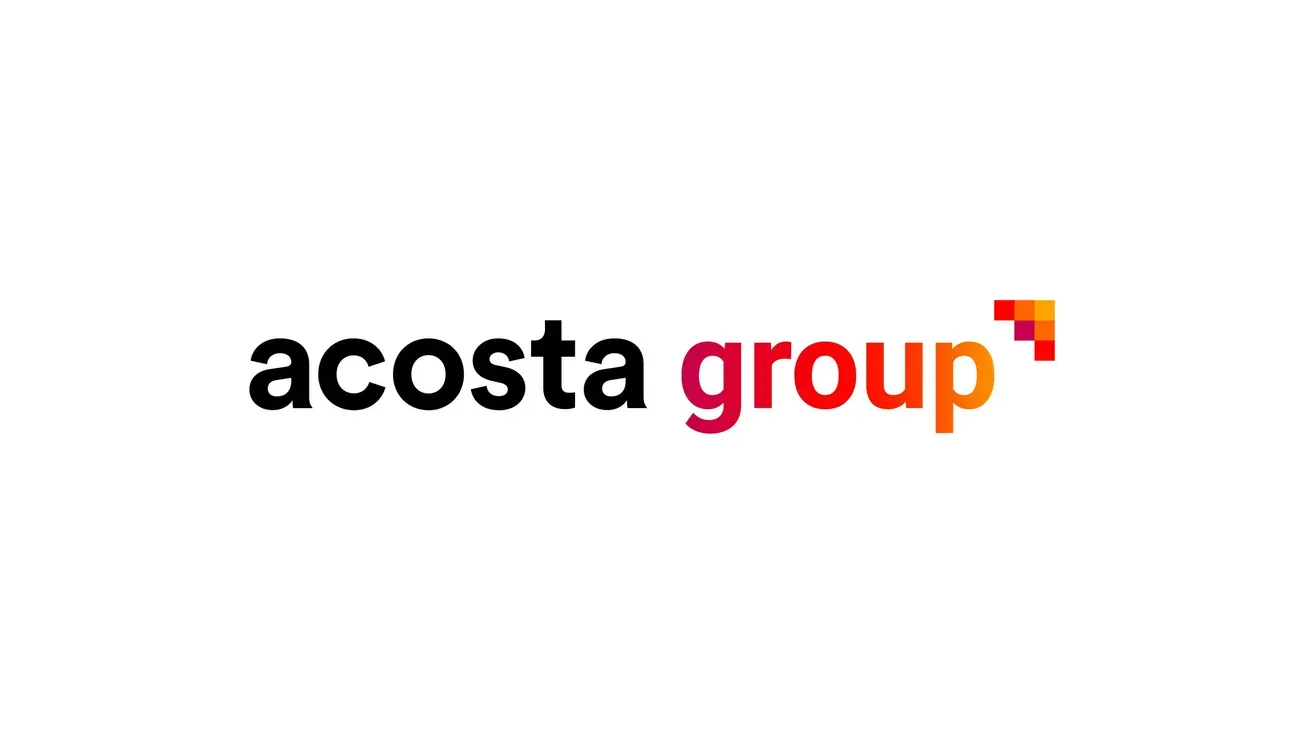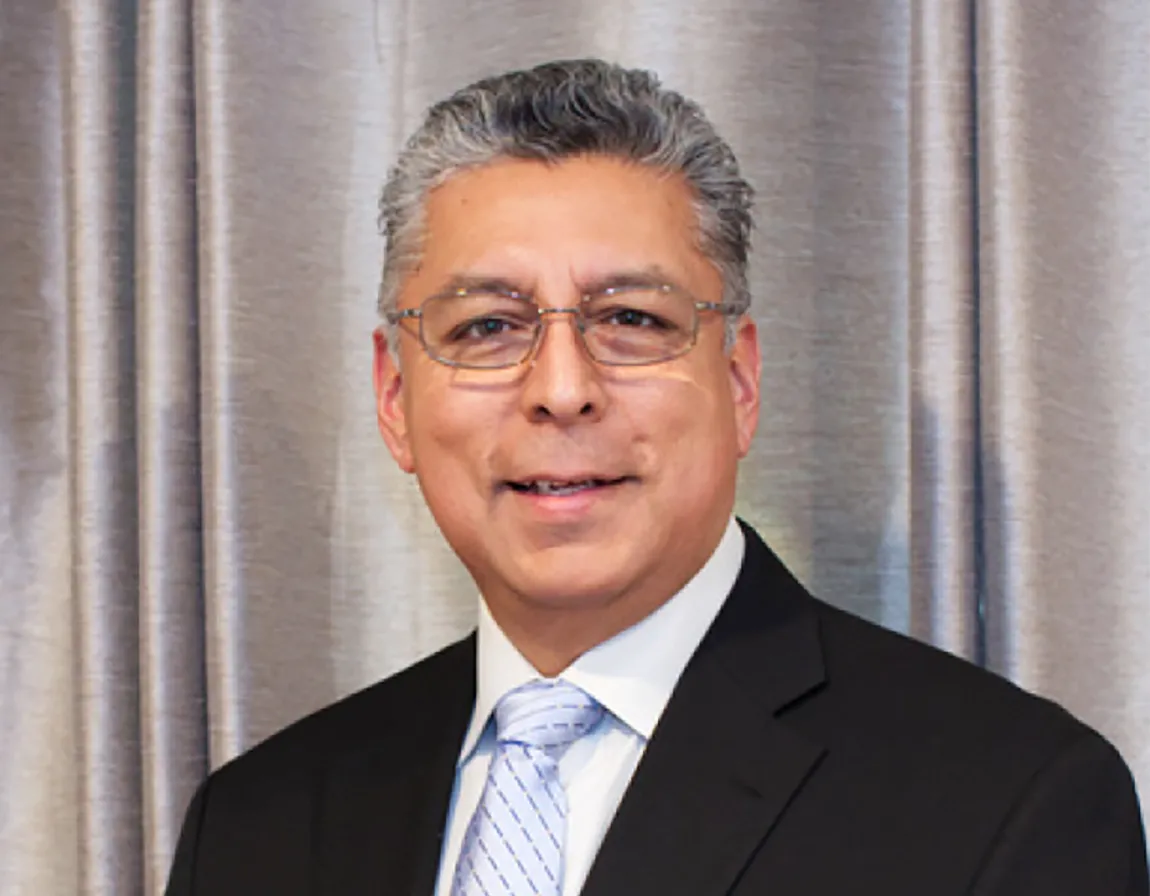WOONSOCKET, R.I. — CVS Pharmacy announced Monday that it has completed the rollout of time delay safes in all of its 58 CVS Pharmacy locations in West Virginia, including pharmacies located in Target stores. The safes are anticipated to help prevent pharmacy robberies and the diversion of controlled substance narcotic medications by keeping them out of the hands of unauthorized individuals. In addition, the safes are anticipated to help CVS Pharmacy ensure the safety and well-being of its customers and employees.
CVS Pharmacy expects these time delay safes to help deter pharmacy robberies – including those involving opioid medications such as oxycodone and hydrocodone – by electronically delaying the time it takes for pharmacy employees to be able to open the safe. CVS Pharmacy first implemented time delay safes in Indianapolis, a city experiencing at the time a high volume of pharmacy robberies, in 2015. The company saw a 70 percent decline in pharmacy robberies among the Indianapolis stores where the time delay safes had been installed.
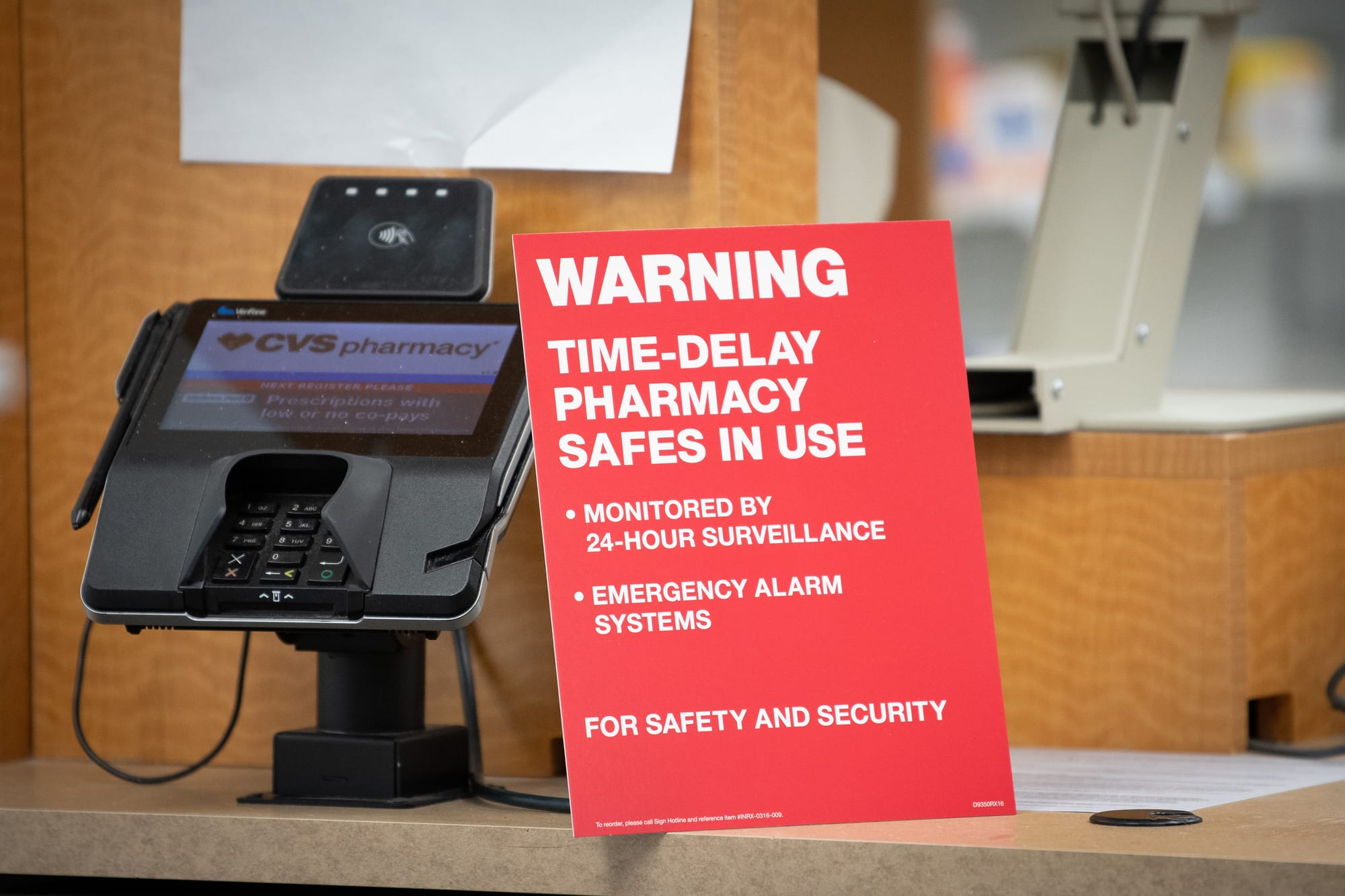
“Pharmacy robberies are a challenging issue for every pharmacy and we are committed to doing all we can to reduce the number of incidents in our West Virginia stores,” said Dick Dakessian, division leader for CVS Pharmacy. “We have seen that time delay safes, combined with other security policies and procedures in place at our stores, can greatly reduce these incidents and are pleased to roll out this enhanced security measure. These safes will help ensure that our pharmacies remain a safe environment for our patients and colleagues.”
The time delay function cannot be overridden and is designed to serve as a deterrent to would-be pharmacy robbers whose goal is to enter and exit their robbery targets as quickly as possible. All CVS Pharmacy locations with time delay safes display visible signage warning that time delay safes are in use to prevent on-demand access to controlled substance narcotics.
CVS Health’s time delay safe program is one of many company initiatives to help address and prevent prescription opioid misuse, diversion and abuse.
The company, for example, has expanded its Safe Medication Disposal Program in West Virginia, completing the installation of 27 drug disposal kiosks in select CVS Pharmacy locations in communities across the state, adding to the five units previously donated to local law enforcement.
In 2020, the company will add 1,000 in-store safe medication disposal units to the more than 1,800 units currently in CVS Pharmacy locations nationwide. It will also donate up to 400 additional units to local police departments, in addition to the 1000 units already donated to law enforcement. Together, the existing medication disposal units have collected more than 1.1 million pounds of unwanted or expired medications, including 7,600 pounds in West Virginia.
Additionally, beginning next year, all CVS Pharmacy locations that do not offer a safe medication disposal kiosk will begin to offer DisposeRx packets at no cost to patients filling an opioid prescription for the first time. According to the manufacturer, when water and the DisposeRx powder are added to a pill bottle with unwanted prescription medications, the combination produces a biodegradable gel, allowing for safe disposal at home.
CVS Health’s commitment to helping prevent and address prescription drug misuse also extends to community education and increasing access to the opioid overdose-reversal drug naloxone.
The company is collaborating with Discovery Education, tapping into their expertise in digital curriculum and content, to enhance CVS Health’s prescription drug abuse prevention education program, Pharmacists Teach. The program, which has already reached more than 500,000 students and parents across the country, will aim to reach an additional 1.4 million people over three years following this investment.
Finally, CVS Pharmacy patients can now access the opioid overdose-reversal drug naloxone without an individual prescription at every CVS Pharmacy location nationwide, including all 50 states, Washington, D.C., and Puerto Rico. CVS Health has also worked with Google to help people locate naloxone at CVS Pharmacy and other locations in their local community using Google’s locator tool.

